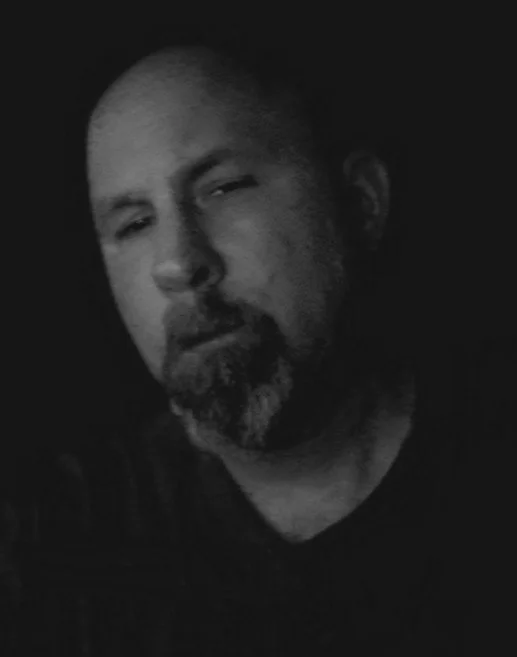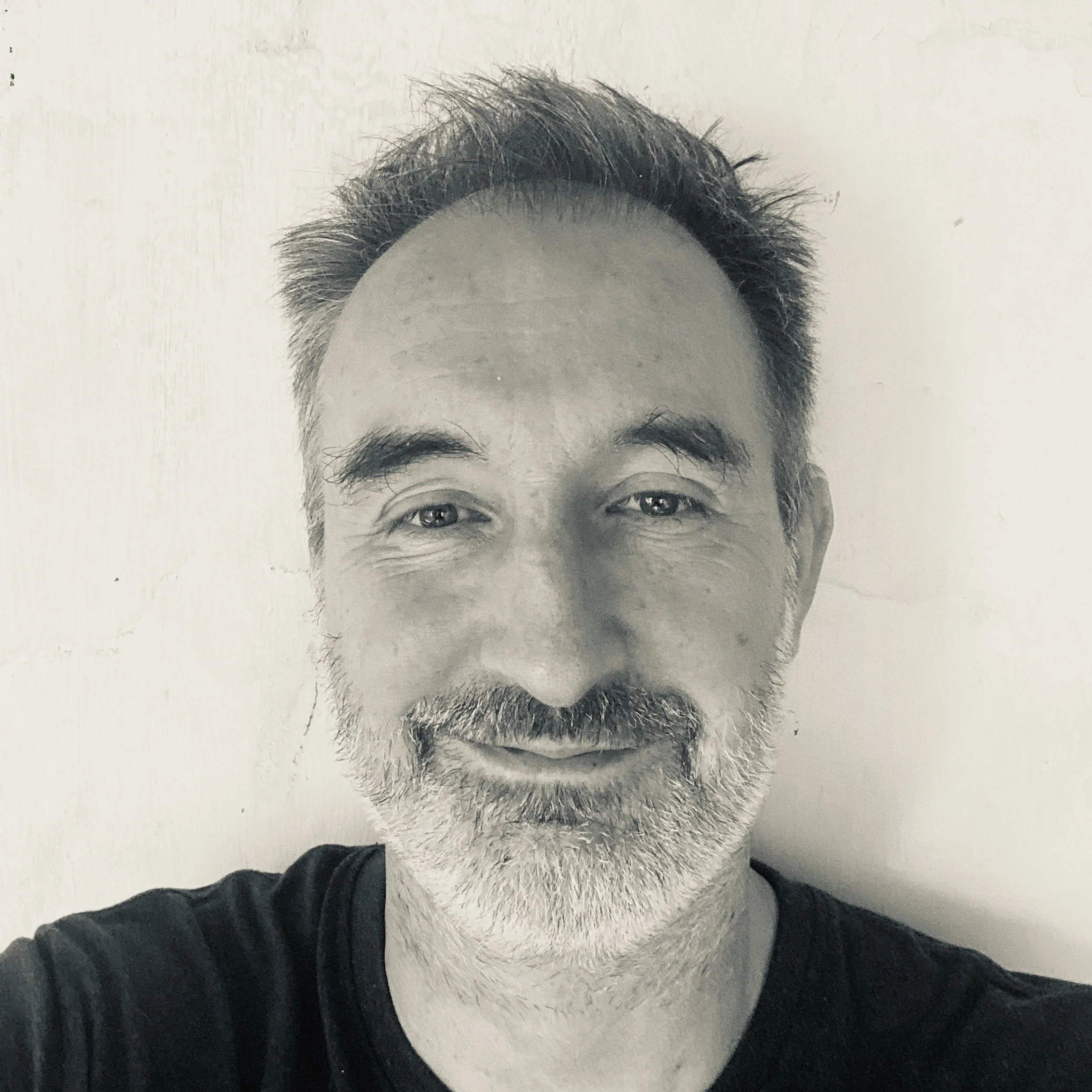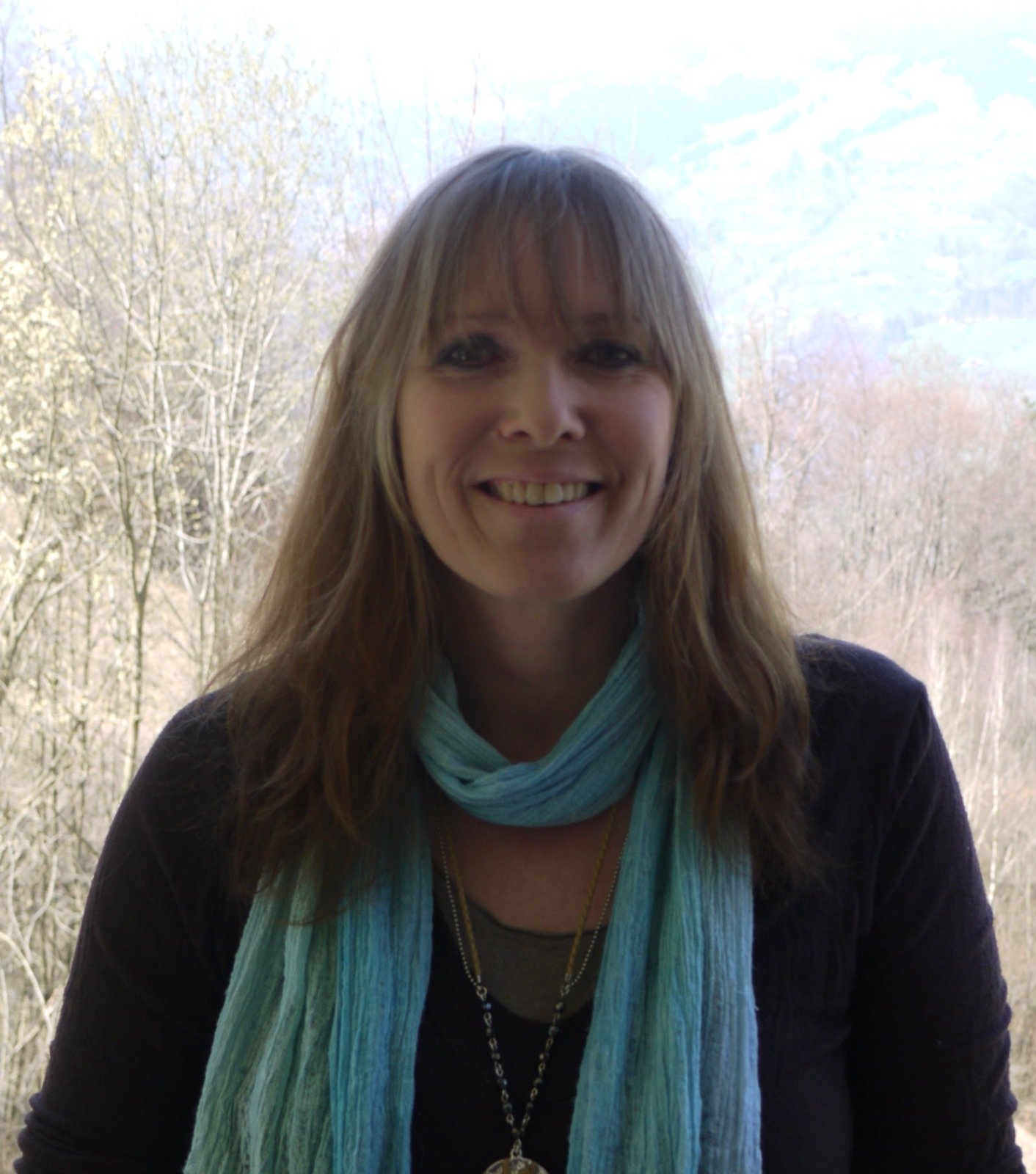Eva Chatterji
What made you decide to become a writer?
Writing has been something I have been doing from a very young age. I wrote my first short story at age 7, in which a crocodile ate my teacher, giving himself a tummy ache because she was so horribly hairy. I wrote stories for most of my life, for everything I could not articulate to the world around me, since I was very shy and stuttered when flustered – I found writing about the world around me, what I saw and what I felt helped me interact with people. Writing was my armour.
I think the first time I considered myself a writer was at 17, when I was presented the Cassinath Award for Writing by my boarding school. The competition was held yearly, and the criteria for admission were high, and there were no runners-up. My English teacher encouraged me to submit three short stories, which I spent most of the school year working on and submitted on the very last day of the deadline.
I did train as a journalist after school, but lacked the opportunity at the time to make a career out of it. I only decided to become a writer when I was in my late 20s, concentrating on short stories, some ended up published in obscure magazines of the time. I finally found my hook twenty years ago, in the non-fiction genre, when I began writing travel guides and started my first online site.
How many books have you written and/or published, and which is your favourite? Why?
I have written two books – the first, “The Lucknow Residency – a Story of 1857”, was published in 2024 and the second, “Courage in Chaos – Saving the Lucknow Residency,” is due out later this year. Of the two, the first one will always be my favourite, if only because it gave me the foundation to write the second one.
The first book started as an idea of rewriting the concept of travel guides by getting away from mundane: “This is xxx, it was built in xxx.” My idea was to weave history into it. The book works in that framework, and it was a very difficult work to write. I had to present the Lucknow Residency for travellers with all the information needed to guide oneself around the site, but it also needed to work independently as a book for people who cannot travel to Lucknow. In all, I spent seven years on it, but every word was worth it.
What is your favourite genre to write in? Tell me why.
That, of course, is historical non-fiction in the military realm. I might have just made that up, but there is no other way to describe what I write. It is the taking apart of history by utilising different accounts, and then, like a puzzle, putting it back together for a more complete narrative without veering into modern interpretations or presenting personal opinions. I have always felt standard history has a bad habit of skipping small details and being too single-minded; to look outside that picture, we need to explore what is missing, go beyond what we know. I always find something new, and I enjoy the challenge of writing it. The opportunity to question and answer riddles is ever fascinating.
Did you need to do research for your book? If so, how much did you do, how did you do it?
My books and the writing on my sites are research-based. However, that does not mean I do not use my creativity. I can still describe, for example, scenery, but there I am very careful that it is based on personal experience, if I have it, or that I study the area in detail until I am confident, I can describe it accurately. It would not do, for example, to line a road with palm trees when they don’t grow there. I have amassed a collection of books and texts, ranging from military dispatches, history books, narratives, biographies, diaries and letters. It also includes regional gazetteers, army manuals, medical works, animal care, cookbooks, travel guides, and even religious sermons and poetry. I use online resources as well.
When I was working on my books, I divided them into sections and then worked on one section at a time, so basically, I had done all my initial reading, but then I filtered out what I would need for that particular section and went into the details. For example, for my second book, when I was writing the battle for Cawnpore, I compiled first what I had researched about the battle, why it happened, who fought it, how it played out in terms of strategy, etc., and how it ended. Then I fleshed out the other details from the various narratives left by the men who were there, what they saw and experienced during the battle, then I put the different accounts into the framework of the battle, like a puzzle piece, where they were in relation to the events being played out. In this way, I worked through both my books. During this time, I was also compiling pieces for my site. My foundation in journalism is certainly very useful in this process.
Would you travel to the area where your book is set?
I have travelled extensively in India, which is the subject of my writings – since I grew up on the sub-continent, it is no different than going home for me. However, where my writing is concerned, I have made my trips there in the past 15 years to visit specific places. Some of the areas were new to me, which was thrilling; others I already knew quite well. As for place names, I keep the old spellings: Calcutta instead of the modern Kolkata, or Allahabad instead of Prayagraj, to maintain authenticity and consistency.
Would you write any genre, or do you stick to one?
I am currently working my way back into fictional short stories and am drafting a novel, both of which are quite different in terms of writing experience from my usual fare.
How many hours a day or week would you say you spend writing? Is it a potential career for you, or is it something you do outside your day job?
When I am working full-time, I am very disciplined about writing and researching, ensuring I invest at least three hours every day after work and four hours a day during weekends. Currently, being between jobs, I can spend up to 10 hours a day writing and researching. I do see it as a potential career, but if it remains outside the day job, then that is fine as well. Writing is my joy.



























